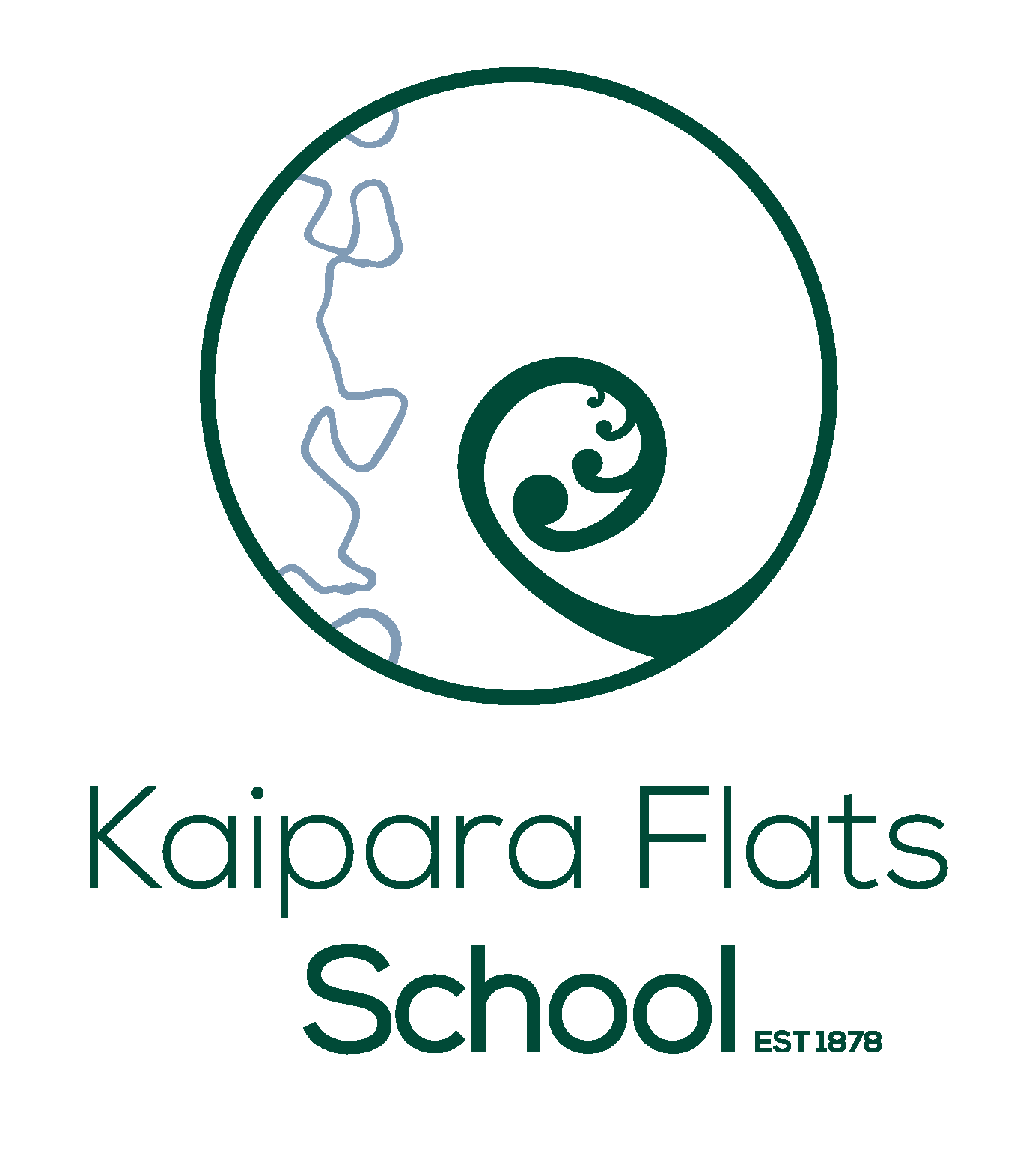What are Learning Powers all about?
How do we learn? What do we need to teach our children so that they can be effective learners?
As part of our learning at Kaipara Flats Primary, as well as learning in the curriculum areas, we also learn about learning dispositions. By studying the work of educational experts Kath Murdoch, Guy Claxton and Michael Absolum, exploring the 7 Principles of Learning and the work the school has been doing with PB4L, we are now teaching the children the explicit skills of learning. Based on the New Zealand Curriculum’s Principles, Values and Key Competencies, our school has developed 4 Learning Powers which we have put into a learning pathway.
Building students learning powers is about:
Helping our children to help themselves become better learners
Developing our children’s learning habits
Preparing our children for a lifetime of learning
What is this idea based on?
An extensive body of research into learning and the brain
Recent research into the key dimensions of learning habits
Practical trials in schools across the world
The original pioneering work of Professor Guy Claxton, who acted as programme consultant, and chief inspiration, for Building Learning Power programmes
How does it work?
Building students as powerful learners:
is based on a coherent picture of what it takes to be a good learner
capitalises on previous learning-to-learn ideas
grows a child’s learning character and habits
develops the appetite and ability to learn in different ways
transforms the culture of the classroom and the climate of the school
shifts responsibility for learning to learn from the teacher to the learner
engages teachers and students creatively as researchers in learning
gives schools the opportunity to track students’ learning developmentWhat effect will developing students learning behaviours have?
raised achievement
improved behaviour
increased motivation
supple learning minds
increased enjoyment in learning
established habits of lifelong learning
enhanced creativity
This is a practical approach which:
shows short-term benefits very quickly
starts small and builds firmly
increases student and teacher motivation
takes time, thought, and a bit of ingenuity to perfect
re-energises teachers
works best as


